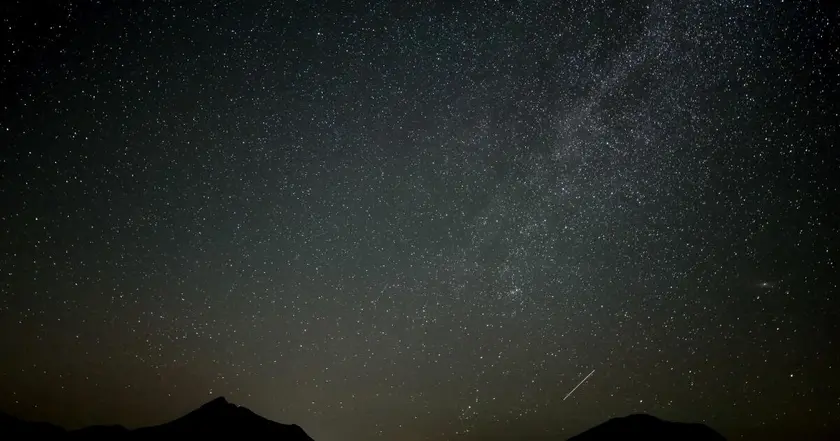T4K3.news
Perseid peak view
Expect up to 100 meteors per hour at peak; seek dark skies and minimize light usage.
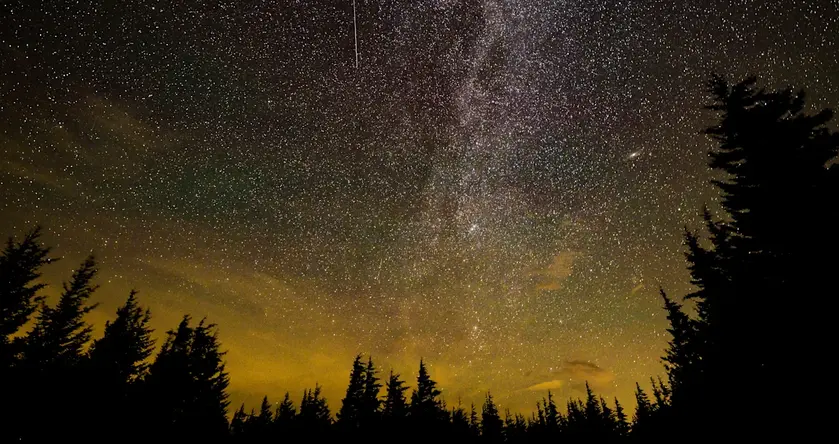
The Perseids reach their peak tonight into tomorrow, offering a bright meteor show under dark skies.
Perseid meteor shower peaks with up to 100 streaks per hour
The Perseid meteor shower will peak Tuesday night into Wednesday morning, with observers in dark locations potentially seeing 50 to 100 meteors per hour at the height of activity. The shower comes from comet Swift-Tuttle and is named for the Perseus constellation, NASA notes. A waning gibbous Moon may dim some sightings, especially in light-polluted areas, but dark locations still offer a strong show. Northern Hemisphere viewers have the best chances overall, and a meteor-tracking network helps people time their watch.
To watch, seek a dark, unobstructed area away from streetlights, bundle up, and give your eyes 15 minutes to adjust. Bring a blanket and a relaxed attitude, then let your gaze roam the sky for longer trails and occasional fireballs. The spectacle rewards patience over rapid, focused viewing.
Key Takeaways
"NASA calls the Perseids the best meteor shower of the year"
Source quoted in the article
"Fireballs will color the night sky"
Highlight from peak observations
"Keep phones down and eyes up for the sky show"
Viewer guidance from experts
"Dark skies are a public good worth protecting"
Editorial commentary on light pollution
These Perseids remind us that astronomy is a communal hobby. In an era dominated by screens, there is value in stepping outdoors to witness a shared spectacle. The event also shows how light pollution and the moon's phase change the experience and underscores the need for dark-sky initiatives and public access to clear skies.
This moment also highlights how technology can help ordinary people, with networks mapping the sky to guide timing. Yet the core pleasure remains simple: look up, wait and let the universe write its story across the night.
Highlights
- NASA calls the Perseids the best meteor shower of the year
- Fireballs will color the night sky
- Keep phones down and eyes up for the show
- Dark skies are a public good worth protecting
Look up and let the night sky invite curiosity.
Enjoyed this? Let your friends know!
Related News
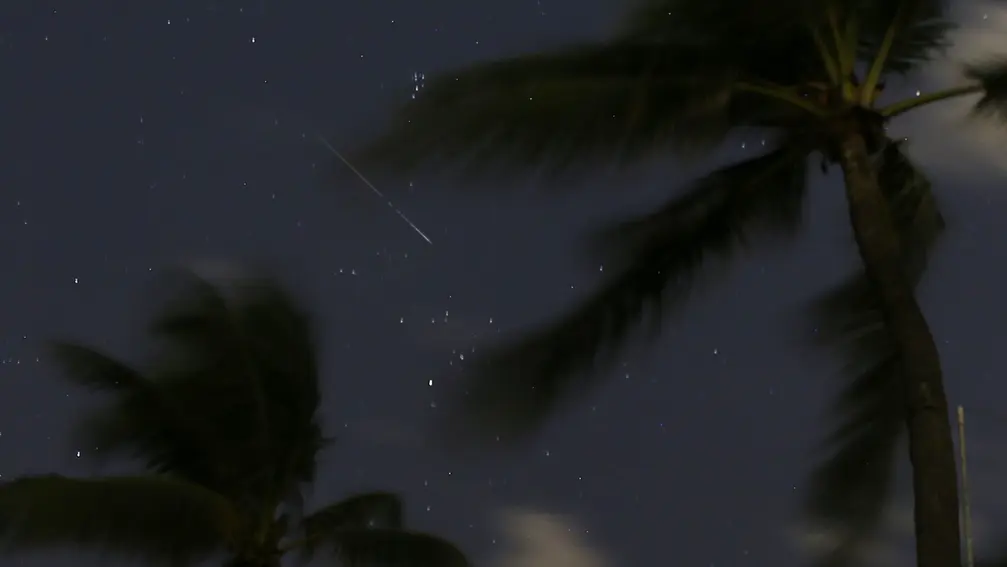
Perseids 2025 peak dimmed by bright moon
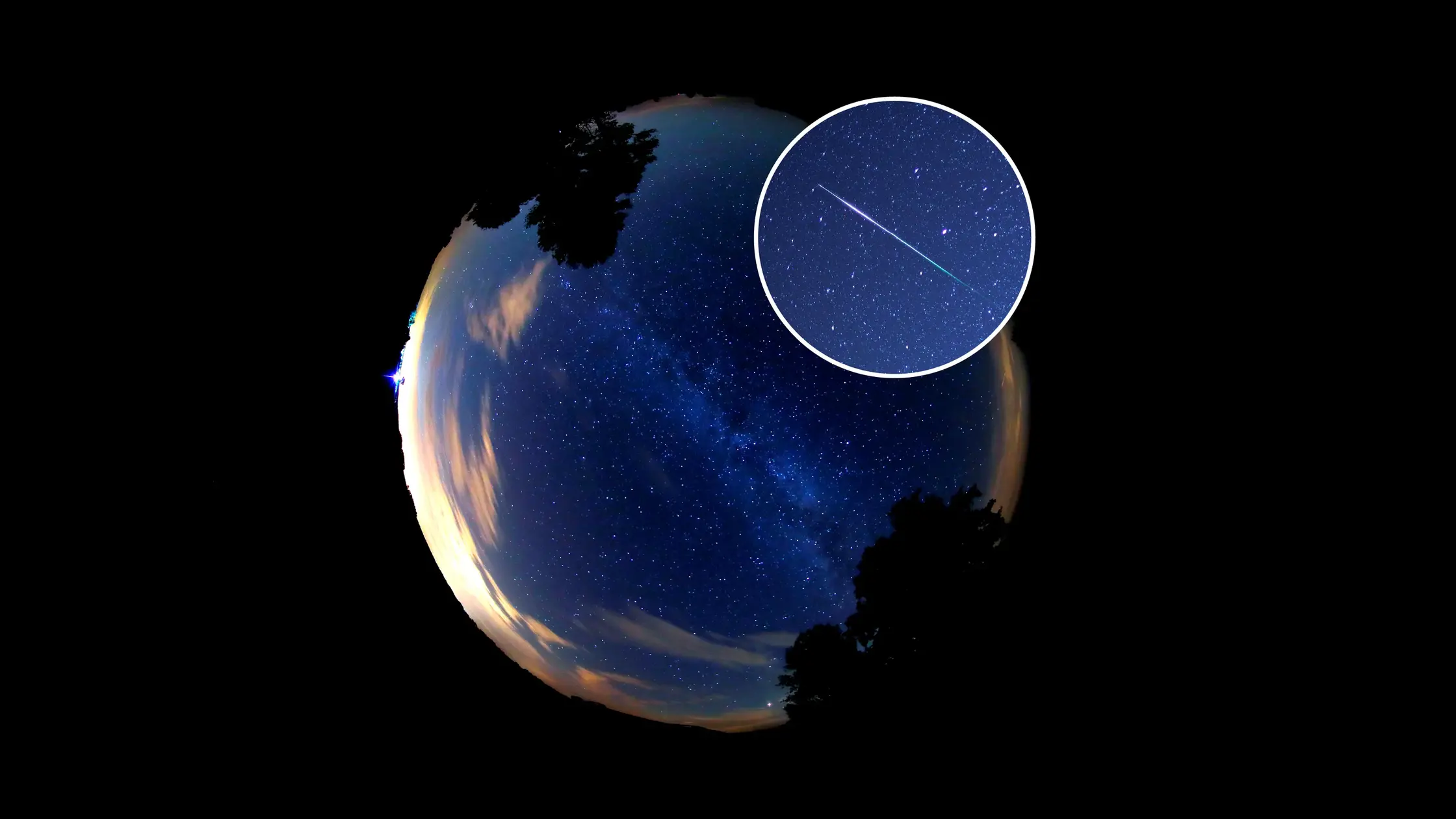
Two meteor showers set to peak in July
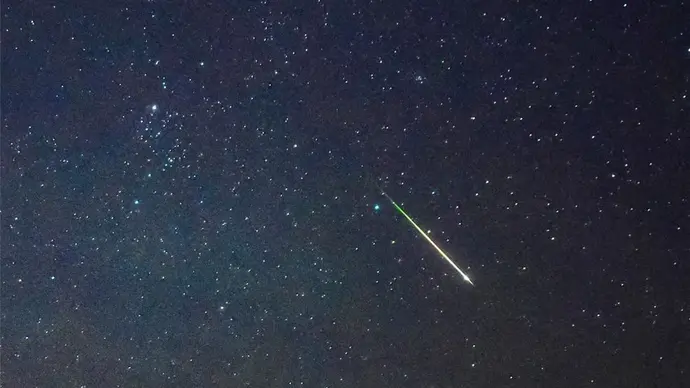
Perseids and planetary sighting
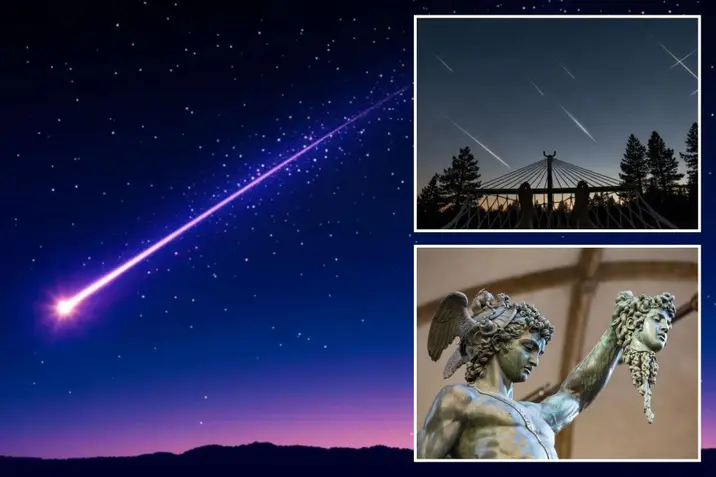
Perseid meteor shower set for 2025 viewing
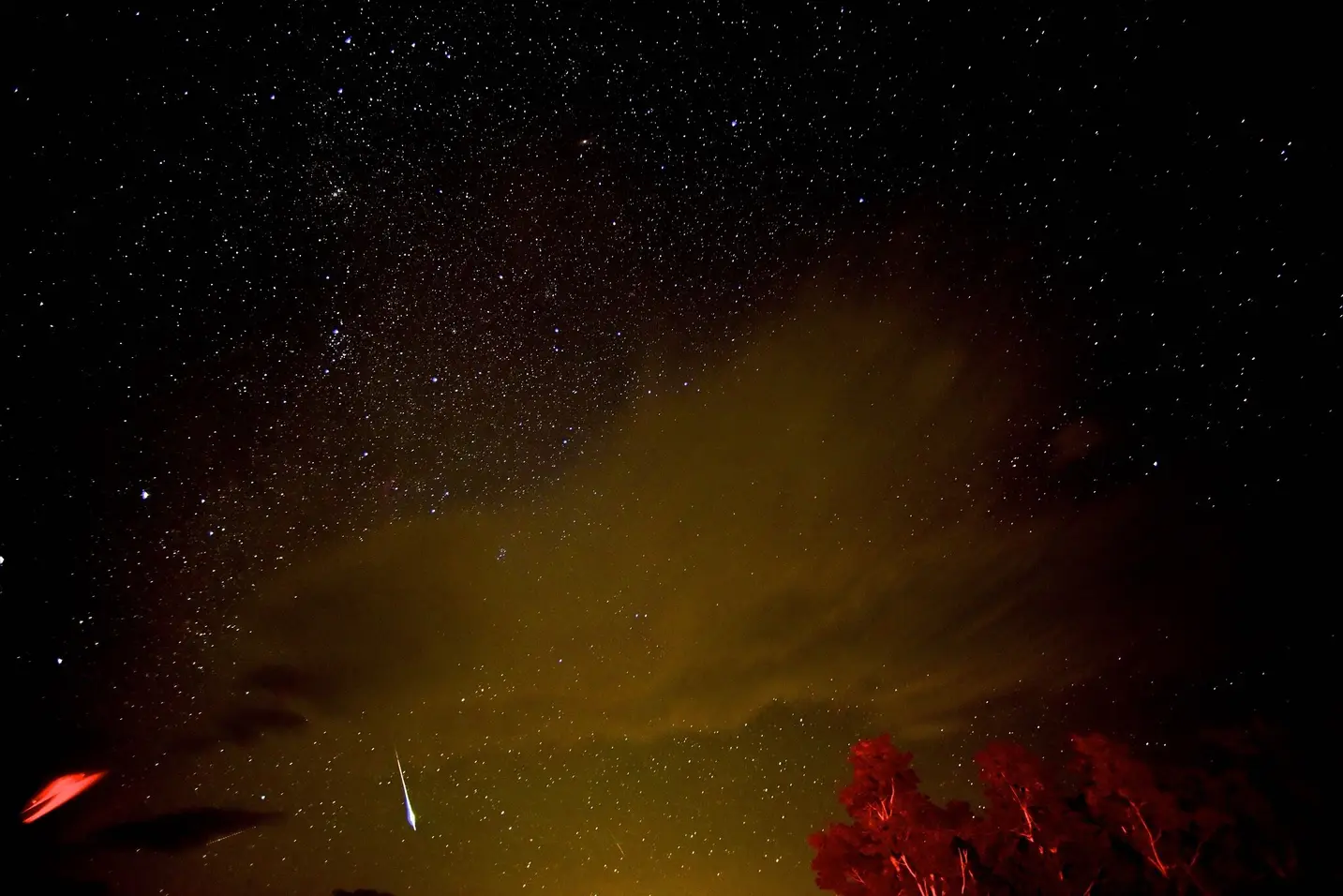
Perseids Peak Overnight
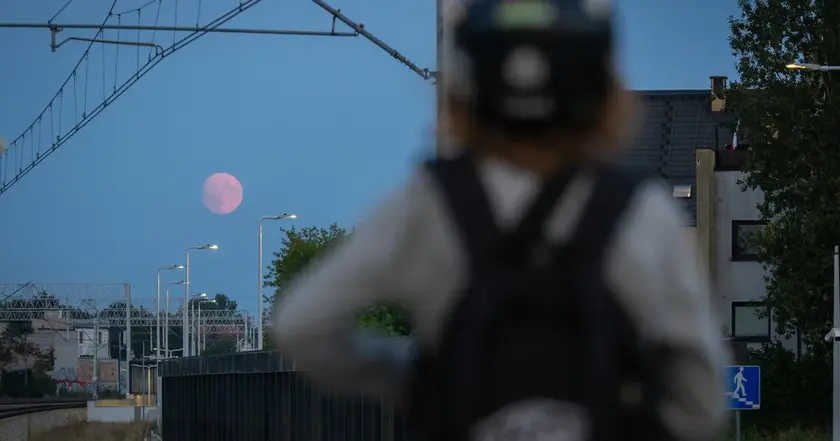
Perseids peak next week
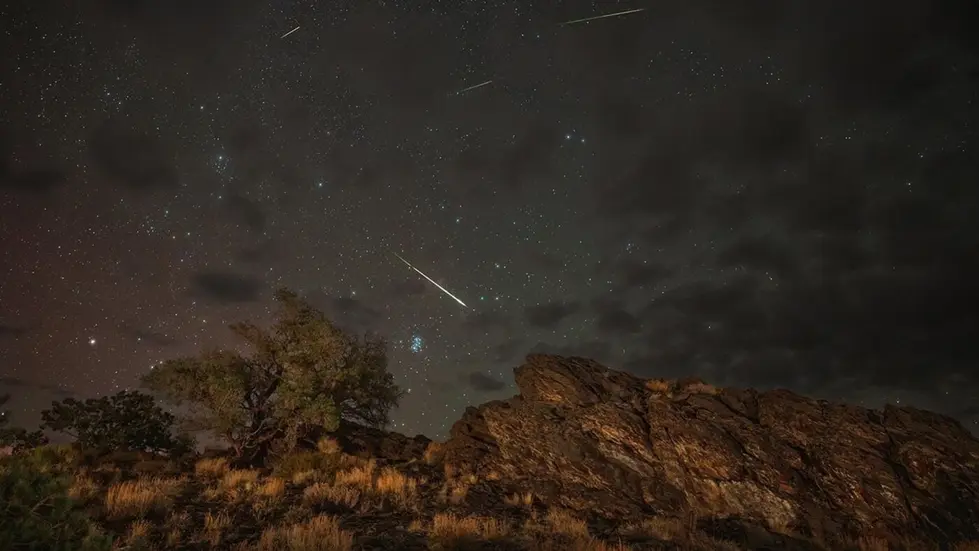
Perseids peak dimmed by moonlight
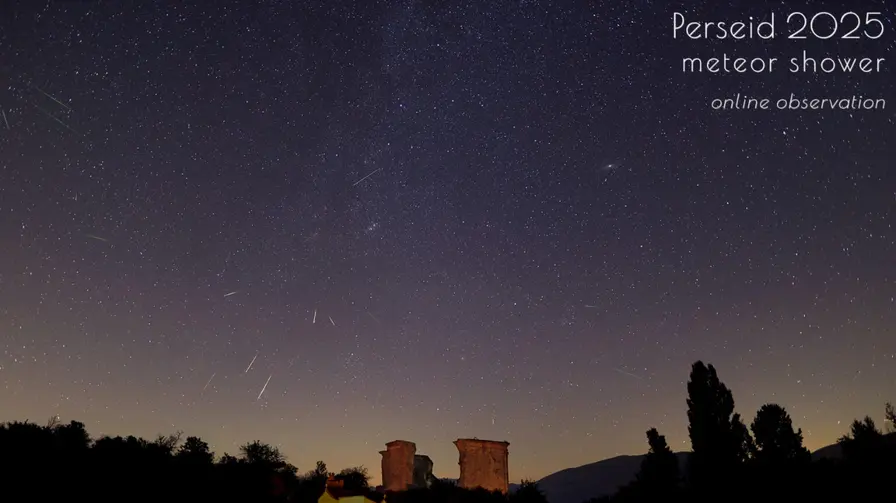
Perseid meteor shower peaks with free livestream
